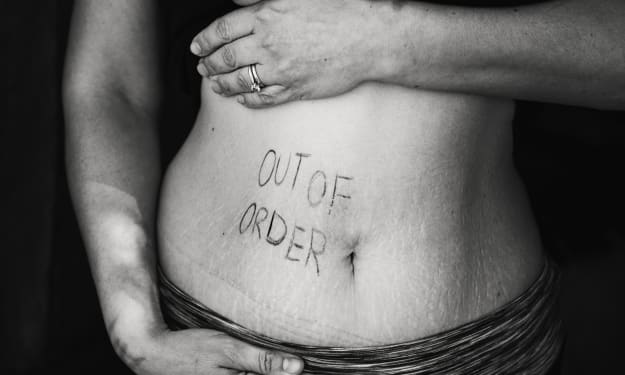KETO: Tips To Help You Get Started
Starting a ketogenic diet can be a daunting task, but with the right approach, it can be an effective way to improve your overall health and potentially reach your weight loss goals. DO your research.

Below are a few suggestions to assist you before starting a KETO lifestyle:
1. Research is key. It's important to do your research and understand what you're getting into. Take the time to learn about the science behind, the foods you should be eating and avoiding, and the potential health benefits and risks.
2. Consult your doctor. Consulting with a doctor before starting a keto diet is important because the high-fat nature of the diet and the presence of ketone bodies in the blood can potentially have harmful effects on the body. If you have a pre-existing condition such as heart disease, it is especially important to consult with a doctor before starting the diet. Additionally, getting a lipid profile can provide valuable information about your baseline cholesterol levels before starting a high-fat diet.
3. Start slowly. Gradually transitioning to a keto diet can help reduce the likelihood of experiencing the keto flu. To ease the transition, it’s important to drink plenty of water, engage in light exercise, and get enough rest as your body adjusts to the new dietary changes.
4. Stay hydrated. Staying hydrated while on a keto diet is very important because, without carbs in your diet, you lose out on ingesting and retaining water. Carbs help your body to retain water, which it then uses to metabolize the food you eat. This means that on keto, you actually need more water than you would have needed on a standard diet. Additionally, following a keto diet causes more sodium to be flushed out, and sodium is an essential mineral and electrolyte that helps retain water in the body and plays a vital role in muscle and nerve function. Dehydration is a known side effect of ketogenic diets, so it’s important to drink more water to stay properly hydrated.
5. Plan your meals. Meal planning is an essential part of following a keto diet. It helps to simplify the process and sets you up for success by taking the guesswork out of what to eat. On a keto diet, it’s important to limit your daily net carb intake to less than 20 grams, while also ensuring you consume enough protein to feel satisfied. By planning your meals, you can make sure you’re meeting these dietary requirements .
6. Seek support from your family and friends. Having the support of friends and family can be incredibly helpful when embarking on a weight loss journey. Research has shown that dieters who have the support of those around them are more likely to successfully lose weight and maintain that loss over time.
7. Prepare your budget. Eating keto on a budget is possible by following a few simple tips. Keep meals simple to avoid investing in many ingredients, such as having a meat, veggie, and garden salad for dinner. Batch cooking and bulk food prep can save both time and money. Buying in bulk can also cut down on expenses, and looking for sales to stock up on items like meats can help. Avoid fancy, packaged keto diet foods and repurpose leftovers by adding them to other meals. These tips can help you save money while following a keto diet.
8. Stock up on keto-friendly foods. Foods that are high in healthy fats. Examples are avocado, nuts, and seeds, as well as low-carb vegetables like spinach, broccoli, and cauliflower. (THIS IS per individual basis - DO YOUR RESEARCH).
9. Exercise. Incorporating exercise into your routine while following a keto diet is important because it can help boost your metabolism and burn calories. Since the keto diet is high in fat and calories, exercise can help you reach your weight loss goals by burning off excess calories.
10. Be patient. This can be challenging, and it's important to be patient. It can take time for your body to adjust to the new diet, so don't be discouraged if you don't see immediate results.
11. Monitor your progress. This can help you make adjustments as needed. Keep track of your weight, body measurements, and how you're feeling to see how the diet is affecting your mind and body.
12. What should I do after? A keto diet is recommended for short-term use. Some people use it to lose weight and change their eating habits. However, there is a risk of falling back into old habits once the diet is over. Experts do not recommend following a keto diet long-term. The goal should be to shift to a healthier diet with less bread, pasta, flour, and sugar, and more non-starchy veggies.
Starting a keto diet requires research, planning, and patience. By following these tips, you can make the transition to a keto lifestyle smoother and more successful. Remember to stay hydrated, monitor your progress, and make adjustments as needed. With dedication and perseverance, you can achieve your health goals with the keto diet.
IF you are better PREPARED and READY! Click and GET your KETO resource here:
About the Creator
urookayblogs
Sharing insights, tips, ideas for a healthier, happier you.
Socials: https://bit.ly/urwholesomewellness






Comments
There are no comments for this story
Be the first to respond and start the conversation.